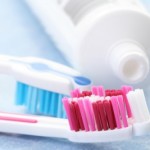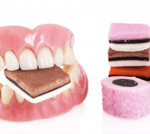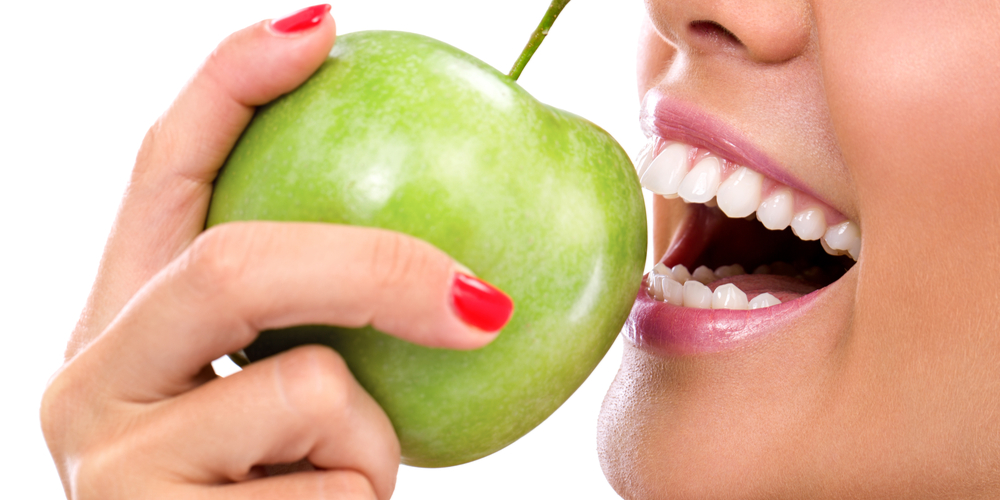If you read the newspapers or listen to bulletins on a regular basis, you may have heard reports about rising rates of dental decay, large numbers of children being admitted to hospital with dental issues and excessive sugar consumption contributing to an increase in the prevalence of dental disease.
The good news is that most dental troubles are preventable and this page is designed to help you enjoy a bright and healthy smile.
Here are some top tips to keep dental disease at bay:
Perfect your daily oral hygiene routine
 Good oral hygiene is the best form of defence against harmful bacteria, which cause decay and gum disease. Nik Riley from S10 Dental in Sheffield recommends twice-daily brushing and flossing to keep the teeth clean and healthy.
Good oral hygiene is the best form of defence against harmful bacteria, which cause decay and gum disease. Nik Riley from S10 Dental in Sheffield recommends twice-daily brushing and flossing to keep the teeth clean and healthy.
When brushing, you should take care to brush every individual surface of every tooth and devote time to each quadrant of the mouth.
Angle your brush head to cover the gum line and take care to brush for the recommended time of at least two minutes. If you struggle to keep track of time, set a timer on your phone or invest in a brush with a built-in timer.
You can also brush along to your favourite song to make brushing a little more enjoyable and ensure that you’ve done a thorough job.
Book regular dental checks
People who see their dentist on a regular basis are up to 60 percent more likely to enjoy good oral health than those who avoid the dentist for long periods of time, according to research carried out by the British Dental Health Foundation.
When you go to the dentist for a check-up, they will examine your mouth and have a thorough look at your teeth, gums, tongue and cheeks to check for signs of decay, gum disease and other dental issues.
If they spot a developing problem, they can then recommend treatment before the situation gets worse and you need more complex treatment that takes more time and costs more money.
Regular appointments will also help to eliminate dental pain. During a check-up, your dentist will also perform oral cancer checks.
If they notice anything suspicious, they can then arrange further tests and facilitate treatment at an early stage. It sounds slightly dramatic to say that a trip to the dentist could save your life, but this really could be the case in terms of oral cancer.
Swap your toothbrush
If you have a very busy schedule, changing your toothbrush may not be at the top of your list of things to do, but it is highly beneficial to try and replace old brushes or swap your brush head on an electric brush every 3-4 months.
Be careful with your diet
Your diet has an undeniable influence on your oral health and it’s really important to understand the impact what you eat has on your teeth and gums.
Sugar is the  main problem when it comes to oral health. Eating too much sugar and eating sugary foods on a regular basis increases the risk of enamel wear, which in turn raises the risk of decay and gum disease.
main problem when it comes to oral health. Eating too much sugar and eating sugary foods on a regular basis increases the risk of enamel wear, which in turn raises the risk of decay and gum disease.
Try to ensure you eat anything sweet or acidic with a main meal, avoid snacking and drink plenty of water.
If you eat too much sugar, try and cut down by replacing fizzy drinks, sugar-laden juices, smoothies and hot drinks with water, sugar-free cordial or homemade smoothies and limiting treats such as cakes, biscuits and sweets to one or two days a week.
After eating, always wait at least 60 minutes before you brush your teeth to avoid damaging your tooth enamel.


